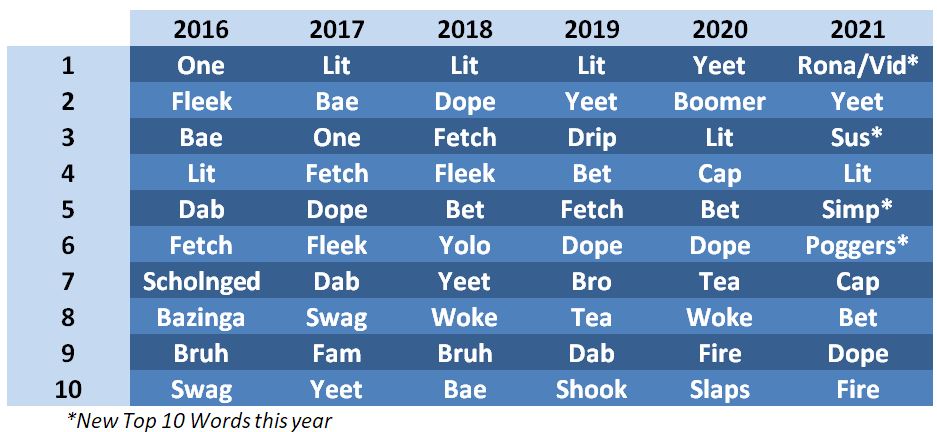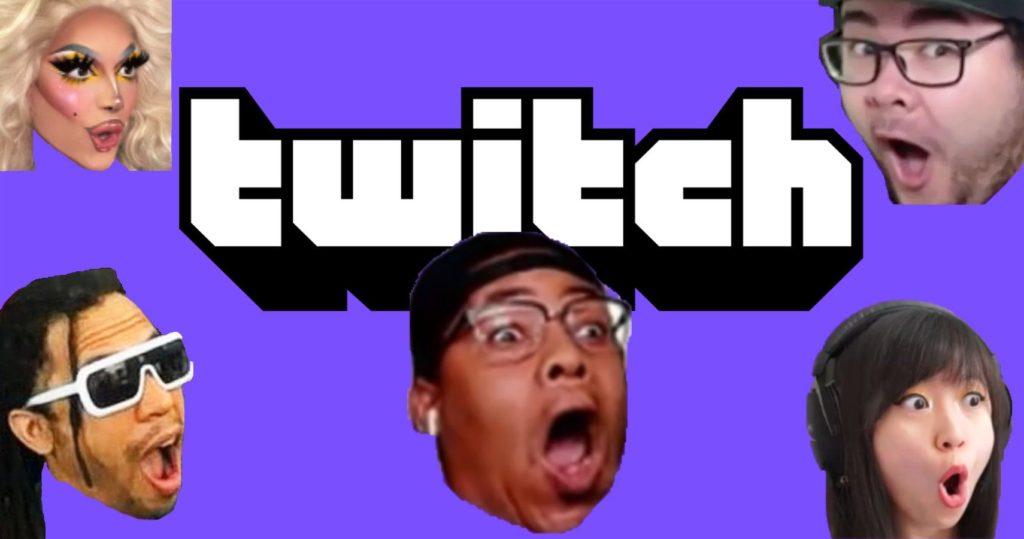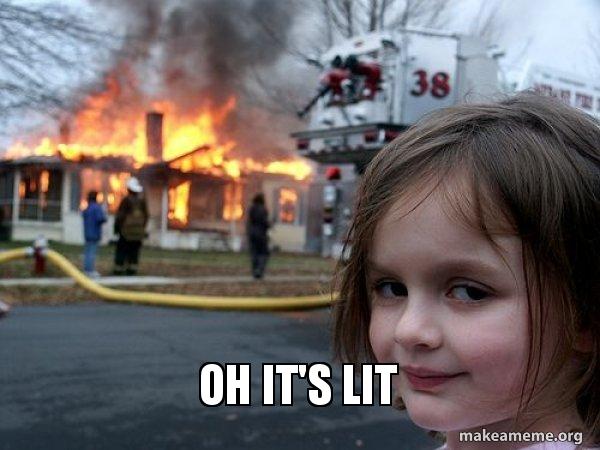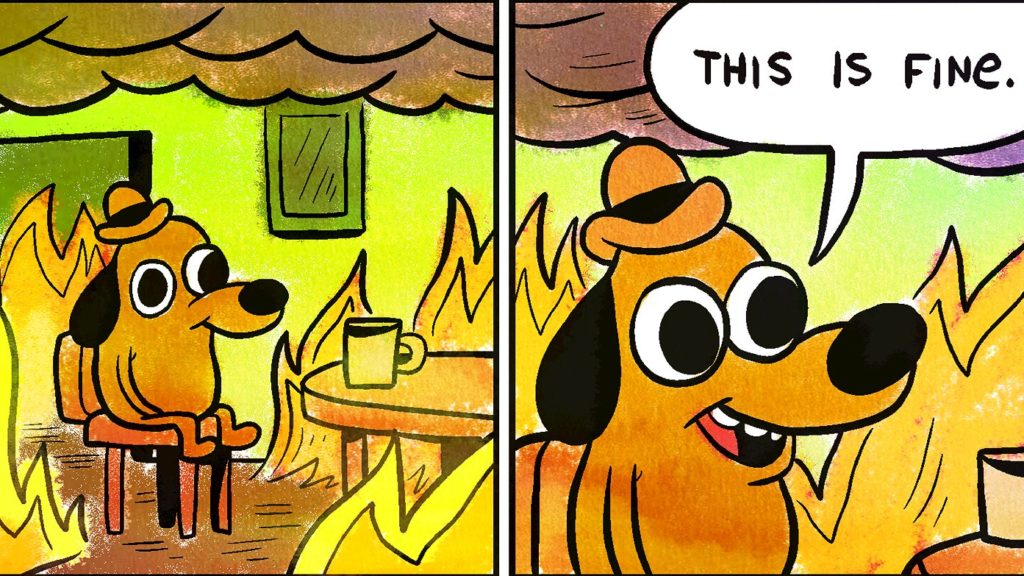Each year OdinAnswers processes billions of data points. While many of these are numeric data such as sales, returns, clicks, views and likes, another critical part of these data are not numbers, but human commentary. Our software is unique in that it is not only able to identify words present in dictionaries, but also automatically finds hitherto unknown terms including new brand and product names, business-specific lingo, acronyms, and even slang.
Naturally, slang often appears in social media comments, but can even make their way into surveys, customer reviews and other feedback data. While the OdinAnswers Platform is smart enough to guess correctly (using machine learning) what part of speech any of these non-dictionary terms are likely to be part of, identifying the specific meaning of these brand and often changing terms can be more challenging. For this reason, I began keeping track of various slang terms and their relative popularity, noting the appearance of any new ones, and figuring out what they mean. This may sound easy based on the context of the sentence they are used, but slang terms often change in meaning over time and are used differently geographically as well.
We are able to use these terms in a few different ways, including determining likely age and gender of the person using the word. Since I started blogging about my list annually it’s become one of our most popular blog posts of the year. So without further ado, here is this year’s Top -10, as well as the historic top 10.

“Yeet” beat out “Lit” in 2019, and would have remained in first place if we discounted the unique circumstances which brought “Rona/Vid” to the top this year. I’ll share a definition for all Top-10 terms below, however, I’ll start with the four brand new terms to the list this year.
In 1st place, we had “Rona” or “Vid”, “as in “The Rona” or “The Vid” which you’ve probably guessed refers to COVID-19. Most people are careful with what they say about COVID, as it is of course a serious issue we’re all still facing, but “COVID-19” sounds way too formal for use in everyday speak with friends, plus a little humor is good medicine.

“Sus” was not a brand new word like “Rona”, but it was new to our top 10 list. This is also one of those words that while used and understood relatively widely, does seem to be a bit less popular in the North East for some reason. The word itself means ‘Suspect’ or ‘Suspicious’ as in “That’s Sus” or “you’re so sus” i.e. “That’s Suspicious” or ”you’re so Suspicious”.

The next new word to our Top-10 list this year is “Simp”. A “Simp” is someone who is subservient to someone else. Most often a male who wants to impress a woman, or women in general, and therefore does anything for them, putting anything else second. While it originally referred only to males, we’ve also seen it being used across genders lately.

“Poggers”, “Pog” or “Pog Champ” is the 4th new word on this years’ list. This one originated from online gaming. Usually, slang terms from very specific cohorts like gamers don’t make the Top-10 list. But sometimes they get so popular that they jump beyond their original user group. That is the case with “Poggers”, which perhaps helped by COVID Quarantines, with more online gaming and communication via video channels including the Twitch Video platform. The term which comes from a game, initially became an emotive on the Twitch video platform, and from there turned into a Meme. Meme’s have been linked to slang development for several years and can help new terms get more mainstream usage.

Here are definitions for the remaining six terms which were also on last years list.
#2 Yeet – Originally a straightforward Hip Hop dance move, Yeet has expanded incredibly and can now be used as an exclamation, a verb, or even a noun. “Yeet, it’s 2020!” “I’m going to Yeet this ball over the fence!”. Basically, it can be used to describe anything done with vigor.
While not the best current definition or explanation for how it has evolved, this page on KnowYourMeme does a great job explaining where the term originated. And since Yeet made #1 last year, thought it might be appropriate to share the original video of the 13-year-old boy who helped propel this term into fame.
#4 Lit … A few years ago, as Lit began to change in meaning, it skyrocketed up in usage. Initially lit most often referred to being intoxicated (“He’s lit.” “Let’s get lit.”). Still, as the term changed in meaning to indicate that something is exciting, fresh or worthwhile, as when used in a phrase like “Come on down to the party, it’s lit!” usage propelled the term up our list in 2017 to first place where it remained for three solid years until early 2019.

#7 Cap or Capping – A brand new term on our list this year, a “Cap” is no longer the funny insult/roast it was when you went to school. Nor is the primary meaning shooting someone as in “capping someone” or “putting a cap” in someone. A “Cap” as it is used today is a lie or saying something false. Conversely, “No Cap!” means something like “seriously” or “No BS.” Or “no lie!” It can also be used as a verb, i.e., “Stop Capping!”.
In the intro to this popular Blueface video, ‘Stop Cappin’, (which gained over 5 million views on YouTube in just the first 4 days), a gangster equates “capping” with being “all hot air.” He then also references an older meaning of cap:
#8 Bet… Just as Cap has a new purpose, so does Bet. Often slang terms can reverse in terms of the original meaning of the word. OdinAnswers saw this start happening to “Bet” in 2017/2018, and as the term gained a new meaning, so did its popularity.
Bet has moved from a simple term indicating agreement, e.g., “want to go to the movies?” “Sure, Bet!” to the complete opposite, a term connoting doubt, sarcasm, and disagreement. In other words, a term that initially basically meant “yes” now means “no.” For instance, “Yo, can you help me clean my room?” “Bet (leaves walks out of the door).” The new meaning is basically a sarcastic “No.”
That said, Bet can still be used in just its original meaning of “Yes, ok” as well. It’s just cooler than ok:
#9 Dope – Dope is still dope. i.e., high in quality or mind-blowing. “Fire,” is a close synonym. Dope was even used recently as the title of a pretty dope movie:
#10 Fire… Making our Top-10 list last year in 9th place, “Fire” dropped to 10th this year. Fire is like Dope, it’s something awesome, excellent, crazy amazing – the Bomb! “Yo, those shoes are Fire!”

Let me know how many of these terms you knew already, and which if any you like best?
This post received rave reviews from my kids. “Lol, It’s very accurate” & “Yeah I agree”
This is “Dope!” Thanks for educating this Boomer
Were I still in the marketing research industry, I would spend time learning the details of what you offer. I’m retired from that industry now but still like to see what is happening from time to time.
Thanks Laurie, one of the more fun things I do each year 😉
I’m no 100% sure it’s really one of my favorites, but my 11-year-old keeps calling me SIMP all the time… And no, he hasn’t got a gf. 🙂
@Mike Thank you. We do two things. We have the best, most powerful yet easy to use text/mixed data analytics platform on the market. Secondly, we have a new platform that analyzes all data related to online retail.
@Thomas Tackar LOL